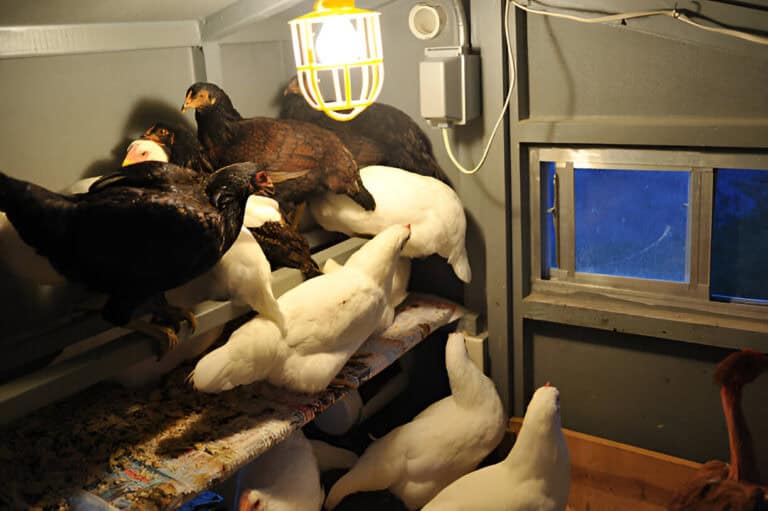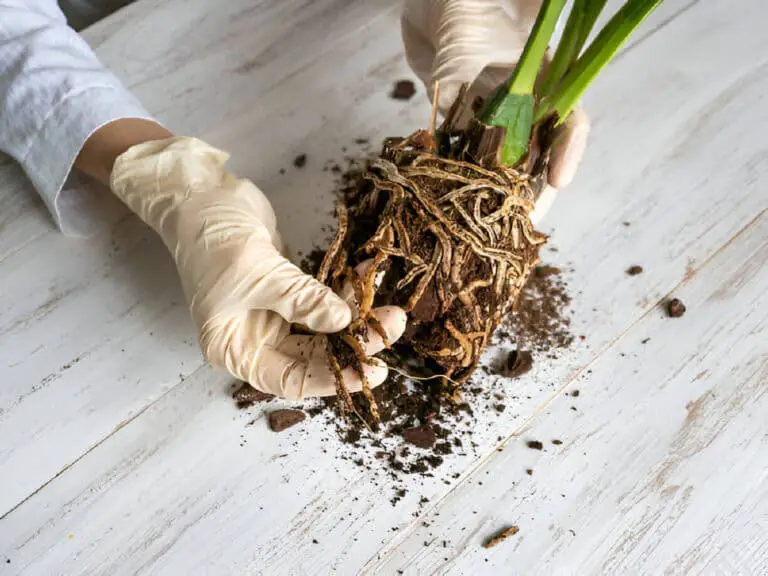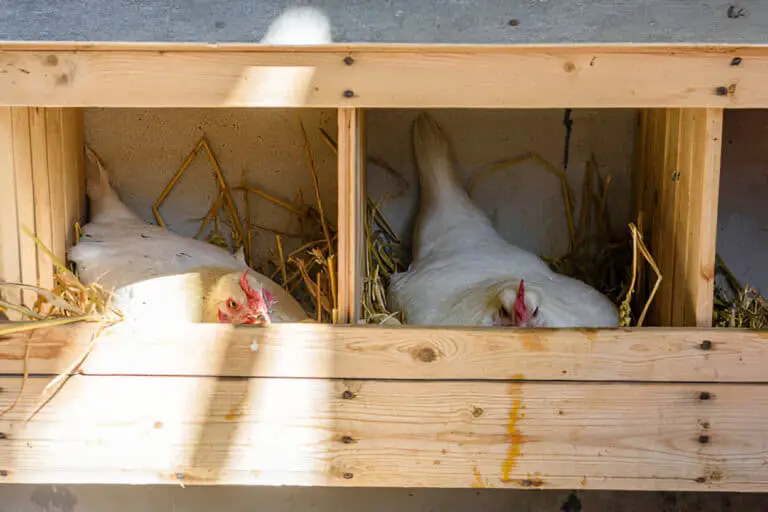The Ultimate Guide to Preventing Duck Mites and Lice in Your Backyard
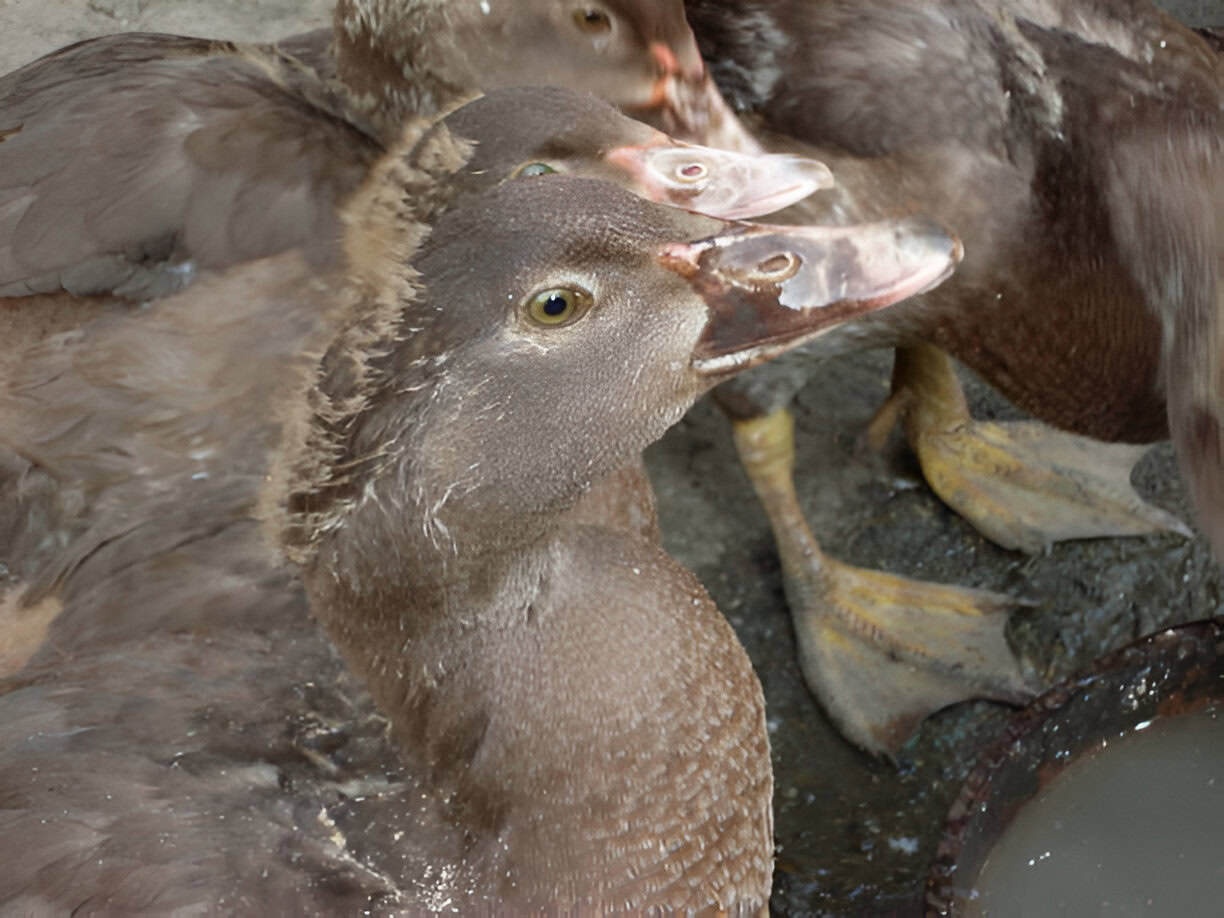
As a backyard duck enthusiast, I’ve learned that keeping my feathered friends healthy involves more than just feeding them and giving them a cozy coop. One of the sneakiest challenges I’ve faced? Duck mites and lice. These tiny pests can wreak havoc on my ducks’ well-being, leaving them itchy and uncomfortable. But don’t worry!
With some knowledge and a proactive approach, you can keep these nuisances at bay. Join me as I dive into the nitty-gritty of preventing and controlling duck mites and lice.
Understanding Duck Mites and Lice
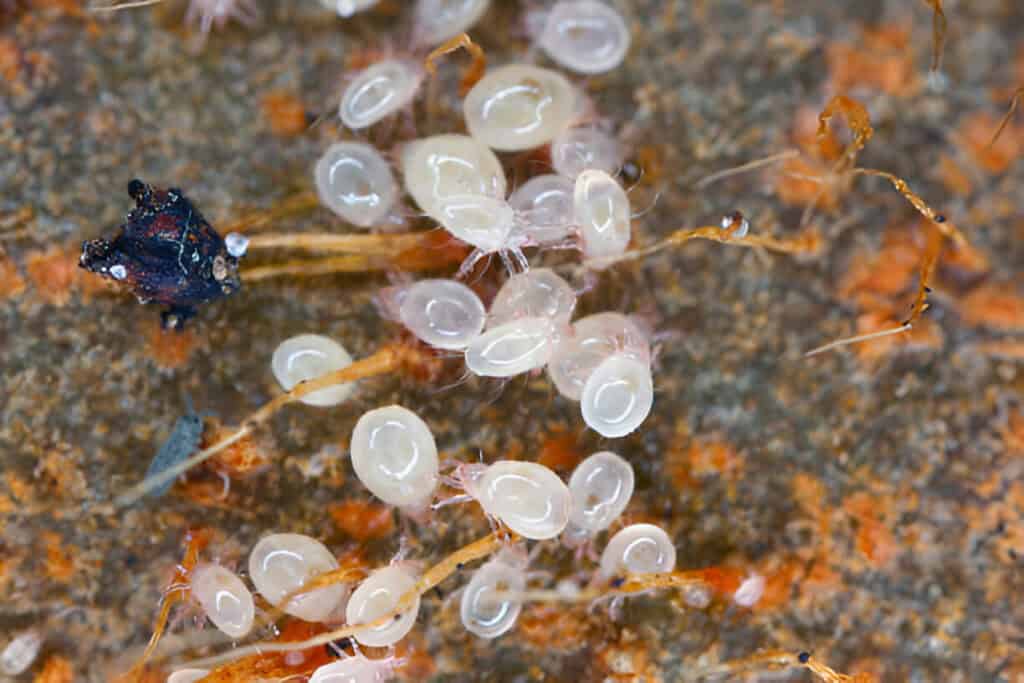
Before we can tackle the problem, let’s get to know our foes a little better. Duck mites and lice are ectoparasites—meaning they live on the outside of their host and feed on their blood. Duck mites are typically more common in warm weather, while lice can be present year-round. Both can cause discomfort, stress, and even health issues in your ducks if left unchecked.
Identifying Duck Mites and Lice
To effectively manage these pests, I first needed to recognize their signs. Here’s how I learned to spot them:
- Duck Mites: These pests are tiny and often pale or reddish-brown. They tend to congregate around the base of the feathers and can be hard to see with the naked eye. If you notice your ducks itching, preening excessively, or showing bald patches, they might have mites.
- Lice: Lice are larger than mites and usually yellow or white. You can often see them crawling in the feathers, especially around the neck and under the wings. Signs of lice infestation include feather loss and irritation in the affected areas.
| Pest Type | Appearance | Signs of Infestation |
| Duck Mites | Tiny, pale/red | Itching, preening, bald patches |
| Duck Lice | Larger, yellow/white | Crawling in feathers, feather loss |
Prevention Is Key
I learned early on that an ounce of prevention is worth a pound of cure. Here are my tried-and-true strategies for keeping duck mites and lice away:
1. Maintain a Clean Environment
Keeping my ducks’ living space clean plays a crucial role in pest prevention. I make it a point to:
- Regularly Clean the Coop: I remove old bedding and droppings at least once a week to prevent pests from breeding. A clean coop not only helps keep mites and lice at bay but also promotes overall duck health.
- Disinfect the Area: Every month, I spray the coop with a safe disinfectant to kill any lingering pests or their eggs. This ensures a fresh start for my ducks!
2. Provide Proper Ventilation
Stale air and humidity can create an inviting environment for pests. To combat this, I ensure that my ducks have plenty of airflow in their coop. Here’s what I do:
- Ventilation Openings: I keep windows and vents open (or screened) to promote air circulation. Good airflow reduces moisture levels and discourages mite and lice infestations.
- Shade and Outdoor Space: Ducks love to roam, so I provide them with shaded areas outdoors. This not only keeps them comfortable but also helps them avoid potential infestations in confined spaces.
3. Regular Health Checks
Staying vigilant about my ducks’ health helps me catch any issues early. I conduct regular health checks and look for any signs of pests. Here’s my routine:
- Weekly Inspections: I examine my ducks for signs of mites and lice, paying close attention to their feathers, skin, and behavior. If I notice any unusual scratching or feather loss, I take action immediately.
- Physical Checks: I gently part the feathers around the neck, belly, and under the wings to look for any signs of pests. Catching them early makes a world of difference!
4. Natural Remedies
When I notice any signs of mites or lice, I prefer to start with natural remedies before turning to chemical treatments. Here are a few that have worked wonders for me:
- Diatomaceous Earth
This natural powder helps control pests by drying out their exoskeletons. I sprinkle food-grade diatomaceous earth in the coop and around the duck area to keep pests at bay.
- Herbal Sprays
I make a homemade herbal spray using ingredients like essential oils (e.g., lavender, eucalyptus) diluted in water. I spray this mixture around the coop to deter pests while keeping the area smelling fresh.
- Garlic Juice
To deter parasites, mix garlic juice with water or spray it directly on infested areas. The strong smell of garlic effectively repels these unwanted pests. Continue applying this mixture daily until the parasites are completely gone. - Coop Cleaning
Cleaning the coop is essential in controlling parasites. Use a solution of water mixed with detergents and disinfectants to thoroughly scrub the area. This combination not only cleans the space but also eliminates any lingering parasites. Make it a habit to clean the coop regularly to maintain a healthy environment for your ducks. - Coop-Mite Spray
Create a coop-mite spray by mixing water, soap, and oil, then applying it to the affected areas. This spray disrupts the movement of the parasites, ultimately leading to their starvation and suffocation. For best results, use this treatment daily until you notice that the parasites have disappeared.
| Read: Mice-Free Duck Coop: Simple Solutions for Protecting Your Birds |
Treatment: What to Do If Your Ducks Get Infested
Despite my best efforts, I’ve learned that sometimes the little critters can sneak in. If I find out that my ducks have fallen victim to mites or lice, here’s my step-by-step approach to treatment:
1. Isolate Infected Ducks
If I discover that one or more of my ducks have pests, I isolate them from the rest of the flock. This prevents the spread of mites and lice and allows me to focus on treating the affected birds.
2. Bathing and Cleaning
Next, I give the affected ducks a bath. Here’s how I do it:
- Warm Water Bath: I use warm water to bathe the ducks gently, adding a small amount of mild soap to help remove any pests. I make sure to rinse thoroughly to avoid any soap residue.
- Drying: After the bath, I dry them well and keep them in a warm area until they are fully dry. This helps to reduce stress and promotes their recovery.
3. Treatment Options
Once the ducks are clean, I apply treatment options. Here are the ones I find effective:
- Permethrin Sprays: For severe infestations, I sometimes use a permethrin-based spray that’s safe for ducks. I apply it according to the manufacturer’s instructions, focusing on the areas where mites and lice tend to hide.
- Dusting Powder: I also use a dusting powder specifically formulated for poultry. This can be applied directly to the ducks’ feathers to kill any pests. I make sure to do this in a well-ventilated area to avoid respiratory issues.
| Treatment Option | Application Method | Effectiveness |
| Permethrin Spray | Apply according to instructions | High, especially for mites |
| Dusting Powder | Apply directly to feathers | Effective for both mites and lice |
4. Reintroducing to the Flock
After a few days of treatment, I check my ducks to ensure they are pest-free. Once they show no signs of infestation, I gradually reintroduce them to the flock. Monitoring their behavior during this transition helps me keep the rest of the flock healthy.
Continuous Monitoring
Even after treatment, I know that prevention is an ongoing process. I stay vigilant and continue to monitor my ducks regularly. Here are a few tips for long-term success:
- Regular Health Checks: I make weekly inspections a habit, checking for any signs of mites and lice. Early detection saves a lot of headaches down the line!
- Maintain Cleanliness: Keeping their living space tidy remains a priority. I stick to my cleaning schedule and ensure the ducks have a healthy environment.
- Stay Informed: I read articles and join online forums to stay updated on the latest practices and treatments for duck care. The more I learn, the better I can care for my ducks!
Final Thoughts: Happy Ducks, Happy Life
In conclusion, preventing and controlling duck mites and lice doesn’t have to be a daunting task. With the right knowledge, practices, and a proactive mindset, I can keep my ducks happy, healthy, and pest-free. By maintaining a clean duck environment, conducting regular health checks, and using natural remedies, I ensure that my feathered friends live their best lives. Remember, a little bit of diligence goes a long way in duck keeping.
So, roll up your sleeves, get involved, and enjoy the delightful journey of caring for your ducks!


